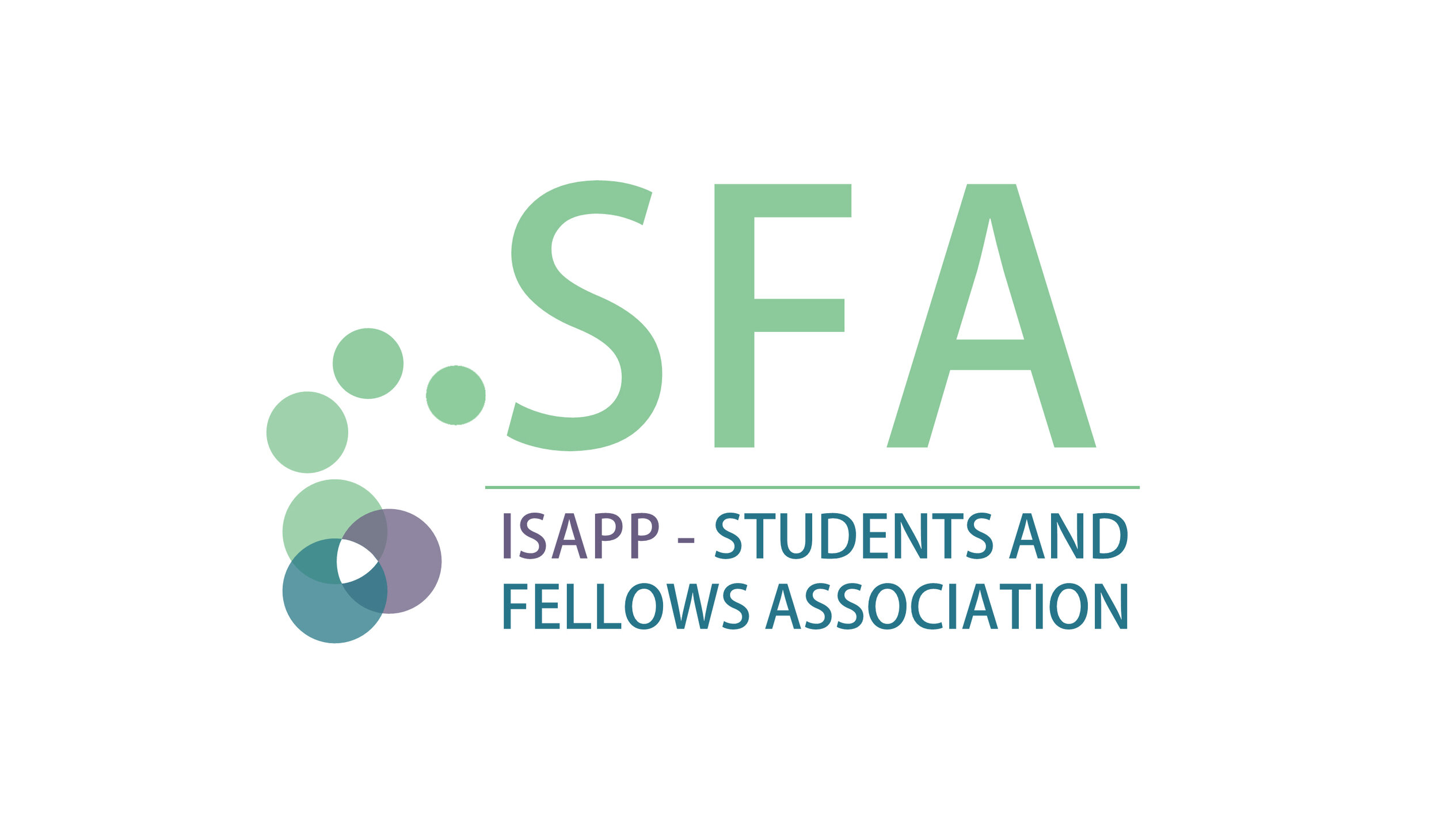Scientifically Unstable, Emotionally Resilient: My PhD Era
By Maryada Bohra
If my PhD were a relationship, we’d be deep in the “it’s complicated” phase — ghosting, betrayal, emotional whiplash — but you keep going back because somehow, you still believe in the science. I started this journey thinking I’d be solving global problems, publishing breakthrough research, maybe getting my face on a protein structure someday. What I actually got? A front-row seat to the slow unravelling of my sleep schedule, my hobbies, and, at one point, my last shred of optimism.
Back then, when my supervisors told me, “Take care of your mental health, and ask for help if you ever feel overwhelmed,” I smiled politely and thought, Okay, calm down — I’m not fragile. I genuinely believed burnout was something that happened to people who didn’t plan their experiments properly. Therapy, in my mind, was still one of those things that felt... taboo. Something other people might need, but not me. Definitely not me. I had spreadsheets, and that was practically the same thing as inner peace, right?
Until it wasn’t.
It didn’t happen all at once. It was a slow grind. I started skipping meals because I was “almost done” with my samples. I ghosted my hobbies like they were an ex I owed money to. Reading? Painting? Joy? No time — I had gels to run and crises to schedule. My idea of a balanced lifestyle was eating a granola bar standing up while running a PCR and pretending I wasn’t silently spiralling.
Somewhere in the middle of all this chaos, I realized I wasn’t just a tired researcher. I was also a hopeless romantic — not just about people, but about possibility. I romanticized the PhD the way some people romanticize rainy train rides or mysterious text messages. I thought if I loved it hard enough, if I worked longer, gave more, it would eventually love me back. Spoiler: it didn’t. At least, not at first.
I also used to think I was a workaholic. The kind of person who didn't need breaks, who loved their job so much they never wanted to log off. That was cute. And delusional. Turns out, even passion has its limits when you're running on caffeine and existential dread. My PhD was the first time I realized you can love your work and still desperately need space from it. Like, full-on “it’s not you, it’s me (and also kind of you)” distance.
And then came the Breakdown™. Not a dramatic one, no flames or flipping tables. Just me, staring at a blank gel at 8:47 PM, realizing that I hadn’t eaten all day, my samples had once again betrayed me, and I couldn’t remember the last time I felt like an actual person instead of a walking deadline in a lab coat.
Eventually, I gave in and did the most scandalous thing imaginable: I went to therapy. I was half-expecting the therapist to tell me to take deep breaths and manifest success. Instead, they asked, “When was the last time you took a break without feeling guilty?” and I laughed. Out loud. For too long. And then cried a little.
Therapy didn’t magically fix my PhD, but it did fix my relationship with myself. It reminded me that I am not my data. I am not my failed PCRs. I am not the unpaid overtime I romanticized as ‘grit.’ I started asking for help. Real help. I started saying, “I don’t know,” without thinking it meant I didn’t belong. And I started eating lunch. Like, at a table. With actual food. Game-changer.
So if you're sitting in your lab coat thinking therapy is something other people do — congrats, that was me. And I promise, the minute you give yourself permission to be human, everything changes. You can still be brilliant, ambitious, Type-A chaos and also... take care of yourself.
If you're in the thick of it — skipping meals, cancelling joy, rewriting the same paragraph for three hours because it “doesn’t sound smart enough” — please learn from my crash-and-burn arc. Your research is important, but so are you. Take care of your brain. Go to therapy. Call your mom. Or your cat. Or whoever reminds you that you’re not just your results.
These days, my experiments still fail (frequently, flamboyantly), but I don’t. Not in the same way. I fail with snacks. I fail with perspective. I fail, and then I hydrate and try again with slightly more serotonin and a touch less self-loathing.
So if you’re reading this while eating dry crackers over your laptop, wondering if your results define your worth — here’s the answer: no. Eat the sandwich. Take the walk. Cry if you need to. Then come back and do it again, slightly more hydrated and mildly unbothered.
Trust me. The data will still be there tomorrow. But your brain? You kind of need that to finish this degree.
Science is hard. Academia is messy. But you? You’ve got this. With or without the band on your gel.



